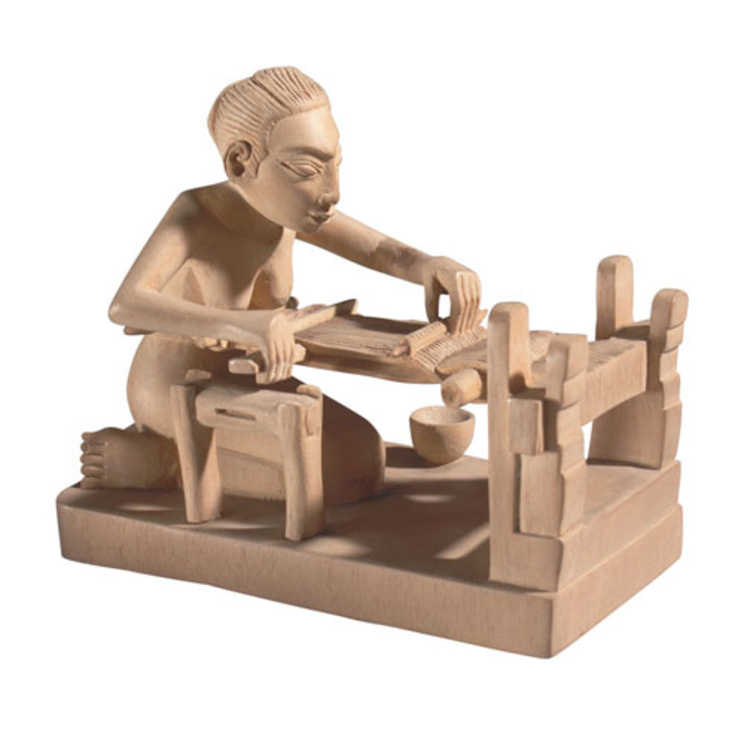In 1565, Leo Quiccheberg wrote a brief dedication to Emperor Maximilian II, recommending his brother Samuel Quiccheberg’s treatise on collecting, the Inscriptiones vel tituli Theatri amplissimi, which would be published later in the same year. By reading Samuel’s book, the ruler would learn “… what, from founding a theater of this sort, might be gained for Your Majesty’s prudentia from such a Kunst und Wunderkammer.” Written at the moment when the Habsburgs, Wittelsbachs, and other princely houses were first establishing collections as state institutions, this is among the earliest texts to connect museums with the ability to govern wisely and effectively. Both Leo and Samuel employ prudentia in specific reference to Aristotelian phronesis, the form of contingent wisdom required of rulers to respond to constantly changing circumstances. Above all, as Samuel’s treatise makes clear, a Kunstkammer might aid the ruler’s prudentia through technological development, especially at the service of the state’s economy and military, but also religion and learning. This conference explores the intertwined histories and philosophies of governance, techne, and collecting in the early-modern period. In particular, speakers will examine how the intersection of these three realms was informed by a newly pragmatic sensibility.
9:30 am
Peter N. Miller
Bard Graduate Center
Welcome
Andrew Morrall
Bard Graduate Center
Mark A. Meadow
University of California, Santa Barbara
Introduction
Texts/Theory/Codification of Ideas
9:50 am
Mark A. Meadow
University of California, Santa Barbara
Quanta prudentia et usus administrandæ reipublicæ: Mylaeus and Quiccheberg on the Utility of Techne
10:30 am
Vera Keller
University of Oregon
Jakob Bornitz and the Cameralists’ Kunstkammer
11:10 am
Coffee Break
11:30 am
Alessandra Russo
Columbia University
An Indestructible “Indian World” of Artists: Art, Prudence, and Desire in Bartolomé de las Casas’s Apologetic History
12:10 pm
Lunch Break
Collections and Objects
1:30 pm
Jessica Keating
Carleton College
Fruits of the Flesh: Abundance and Prudence in the Collection of Holy Roman Emperor Rudolf II
2:10 pm
Andrew Morrall
Bard Graduate Center
“For practical utility [and] noble meditations”: Craft, Techne, and the Pursuit of Virtue in the Early Modern Kunstkammer
2:50 pm
Coffee Break
Techne and Practice
3:10 pm
Tina Asmussen
ETH Zürich
Mining Investment and Antiquarian Practices in Late Sixteenth-Century Basel
3:50 pm
Ana Matisse Donefer-Hickie
The Metropolitan Museum of Art
The Noble Art: Alchemy at Court
Comment and Roundtable
4:30 pm
Pamela H. Smith
Columbia University
Comment
5:15 pm
Reception


















